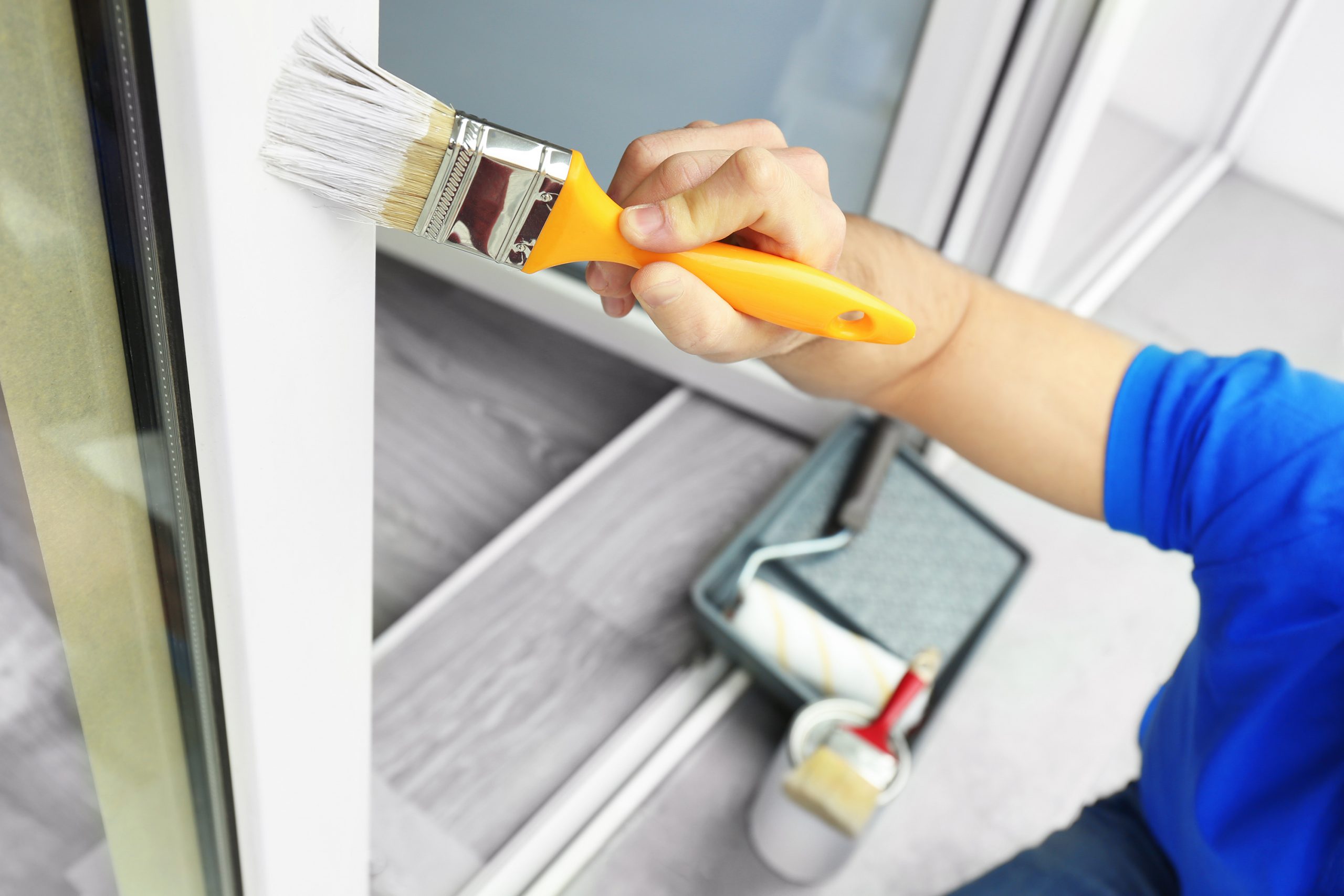Have you recently purchased a property but aren’t sure how to navigate your new status as a landlord? Do you already have properties but are not sure if you’re bringing your landlord A-game to the table?
But first, why is nailing the landlord role so important?
“As a landlord, you’re basically running a business, which is investing in property,” says Michelle Valentic of Advantage Property Consulting. “You need to treat it like that.”
Here are Valentic’s top tips for surviving landlord-hood in the current property climate.
1. Find an expert property manager
Firstly, invest in a professional property manager who is experienced and has a good track record.
“Look for one that has experience in the legislation but also has experience in that suburb and understands the rental market,” Valentic says.
“Make sure they can accurately price your property – not under-price it or over-price it – and find good quality tenants that have been vetted correctly.”
You’ll want to make sure that the property manager you choose is able to look after the property well on an ongoing basis and that they have a good, professional manner in all communications with the tenants during the lease.
2. Opt for professional photos
Marketing matters! Getting professional photos taken, taking the time to write a good property description and showing the floor plan upfront will help attract more tenants.
Furthermore, don’t neglect a ‘mobile view’.
“More tenants now are using mobile devices when they’re searching online so that first photo is the most important,” Valentic shares. “That will determine whether they click through or just keep scrolling to look at another property.”
“Investing money in photos, the description and a floor plan is a good long-term investment. It’ll keep paying back every time your property becomes available to lease.”
3. Invest in your property
If you want to attract good tenants, you should also be investing in the property itself as well. Ensure it is clean and well-maintained, and also a safe and comfortable place for your tenants to live long-term.
“Look at putting in heating and cooling systems,” Valentic begins. “Heating especially is essential in Melbourne [where Valentic is based].
“Put in good quality blinds, repaint, make sure the floors are in good nick, install a dishwasher – these are all investments that will help you attract and keep good quality tenants over the long term.”
4. Maintain your property
Finally, maintaining your property throughout the tenancy period is a vital long-term strategy.
“You might think you can save money by knocking back tenants’ requested maintenance but in the long term, it really does cost you as a property investor,” says Valentic. “You need to make sure your property doesn’t deteriorate and that you continue to address maintenance as it comes up.
“If you’re investing along the way to make sure your tenants are happy, it really does benefit you long-term. Not doing maintenance is a short-term view to save you a few dollars.”
5. Have a financial buffer
Going back to thinking of your property investment as a business, you’ll want to ensure you always have a financial buffer.
“You don’t want to be financially stressed all the time,” Valentic notes. “And you don’t want to risk your credit rating either by defaulting on your mortgage if your rent’s not coming in.”
“Having a buffer to get you through short-term bumps is a good long-term strategy. And then having an insurance policy backing you as well just evens that out.”

